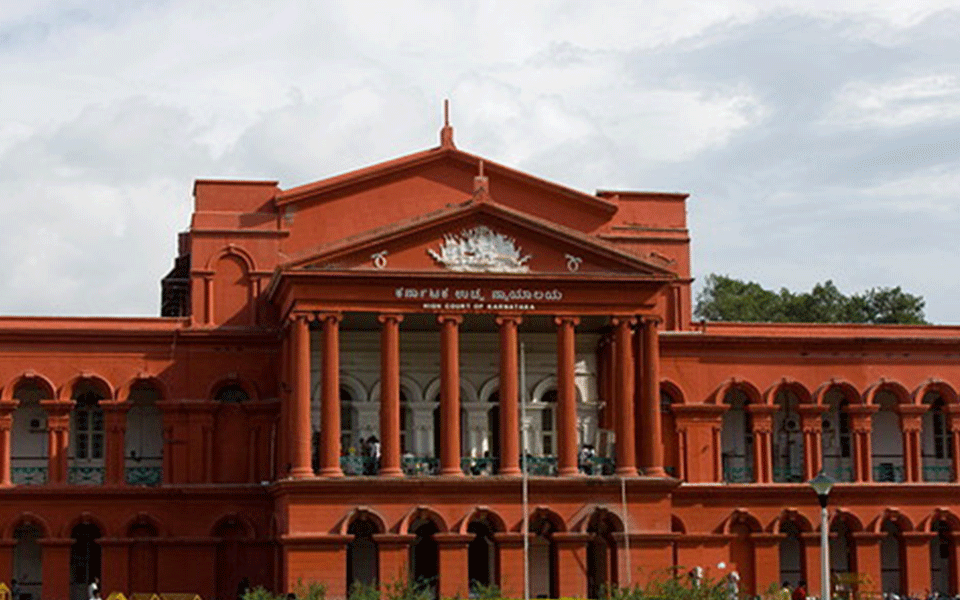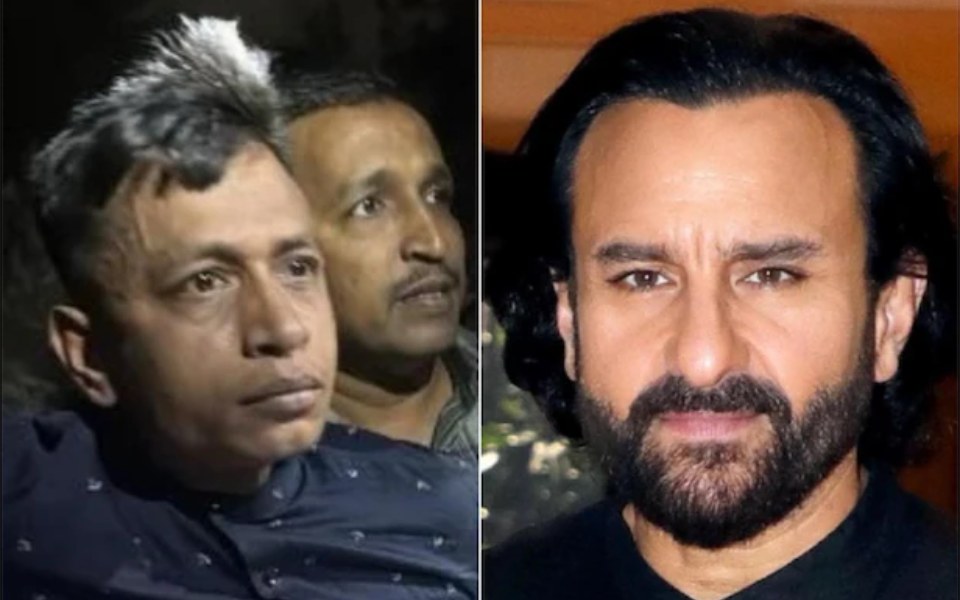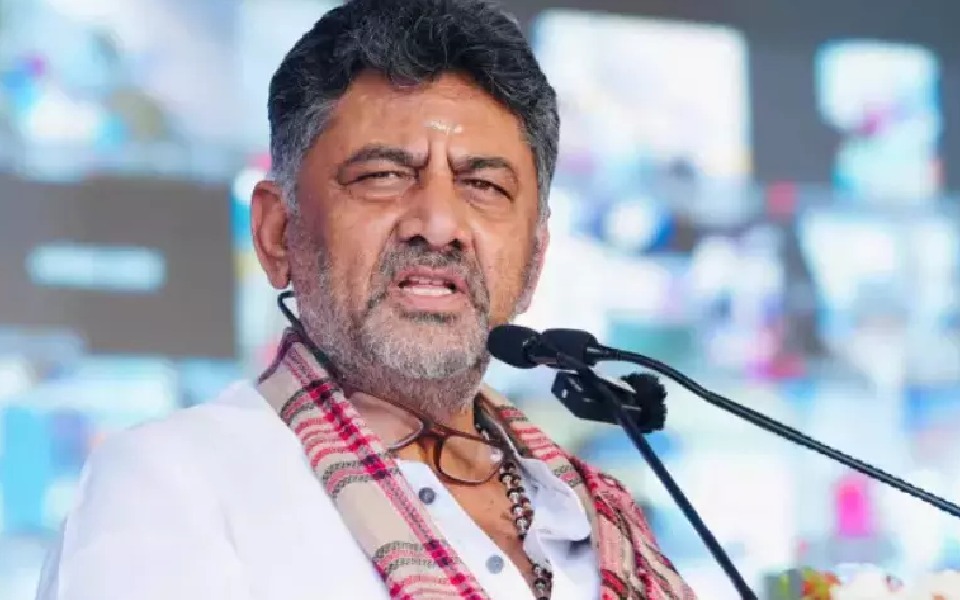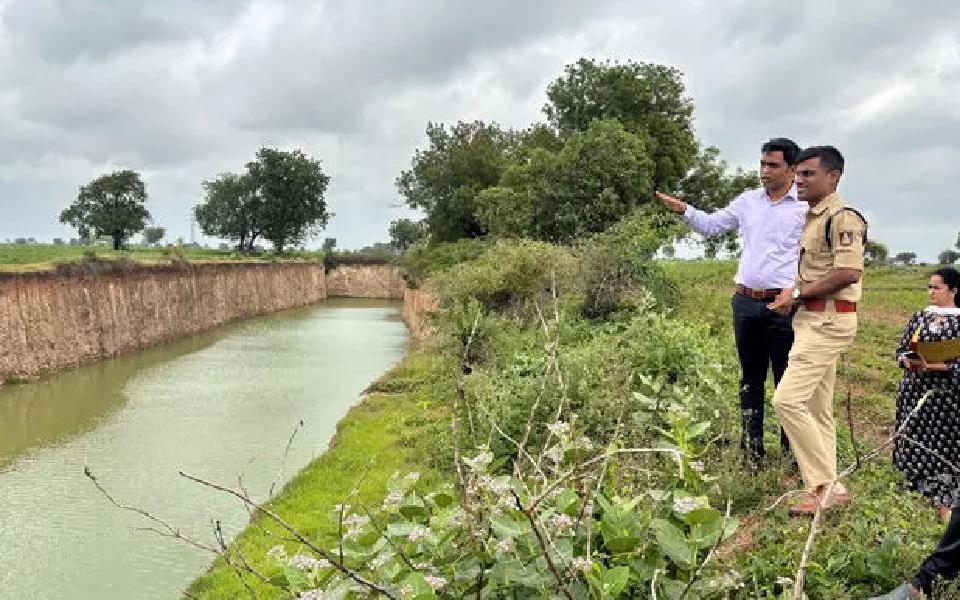New Delhi (PTI): Student activists on Wednesday said the Karnataka High Court judgement on hijab was ''disappointing'' and asserted that uniforms should be inclusive of social and religious practices.
In its 129-page order, the high court has held that hijab is not an essential religious practice and upheld the Karnataka government's order banning the use of any cloth on the campus that could disturb peace, harmony and public order.
At a press conference here, several Muslim women students and activists spoke about the court's order and put forth a series of demands.
Huma Masih, a student activist, said the hijab issue should have started a healthy debate on uniforms whether they are inclusive.
"The hijab issue should have stirred a healthy discussion on the culture of uniforms. It should have started a discussion on whether uniforms are inclusive and democratic, but no one is talking about it," she said.
Simra Ansari of Jamia Millia Islamia alleged that there are some people who do not want Muslim women to get education and are forcing them to choose between studies and their identity.
"Whenever Muslim women have come forward to talk about their rights, there are some people from a specific ideology who have had issues. This (the hijab ban) is a systematic way to stop Muslim women from getting educated by forcing them to choose between their studies and identity.
Through this stage, I want to say that we will attain our right to get educated and also keep our identity. We will not choose," she said.
Khalida Parveen, a social activist, said they were ''disappointed'' and ''angry'' over the court's decision.
"There is no guarantee that Muslim women, when they will go to a bank or some public place wearing a hijab, they will not be subjected to moral policing. If any untoward incident happens with them, who will be responsible? The central government talks about ''Beti Bachao' but the state government goes against it," she said.
The speakers said uniforms should be inclusive of religious and social practices in a diverse country like India.
They demanded that cases registered against those who participated in protests against the hijab ban be withdrawn.
Let the Truth be known. If you read VB and like VB, please be a VB Supporter and Help us deliver the Truth to one and all.
Mumbai, Jul 25 (PTI): Police have opposed the bail plea of the Bangladeshi national arrested for allegedly stabbing Bollywood actor Saif Ali Khan with a knife and injuring him at his home here in January this year, telling a Mumbai court there was "strong evidence" against the accused.
Citing a Forensic Science Laboratory report, police reiterated before the sessions court their earlier claim knife fragments that got lodged near the actor's spine during the attack as well as a part found at the crime spot have matched with the weapon recovered from the accused, Shariful Islam.
These three pieces were part of the same weapon (knife) used to attack the filmstar, the police said in a written response to the accused's plea submitted in the court on Thursday (July 24).
Khan was repeatedly stabbed with a knife by an intruder inside his 12th floor apartment in upscale Bandra on January 16 during a robbery attempt.
The 54-year-old actor underwent surgery at Lilavati Hospital to remove a piece of knife that got lodged near his spine during the attack. He was discharged from the private hospital after five days.
Shariful Islam, a Bangladeshi national, was arrested two days later for allegedly stabbing Khan.
The police, in their response, highlighted that the accused is a Bangladeshi citizen residing illegally in India.
If granted bail, there was a possibility that he may flee India and not appear before the court during the trial. The crime committed by the accused is of a "very serious nature, and strong evidence" is available against him, they argued.
In his bail plea, filed through advocate Vipul Dushing, the accused asserted he was innocent and had no prior criminal record.
Investigation into the case has practically concluded with only the filing of a chargesheet pending, the accused contended while seeking bail.
The alleged attacker has been booked under Bharatiya Nyaya Sanhita (BNS) sections related to house trespass, robbery and dacoity with attempt to cause death or grievous injury.





